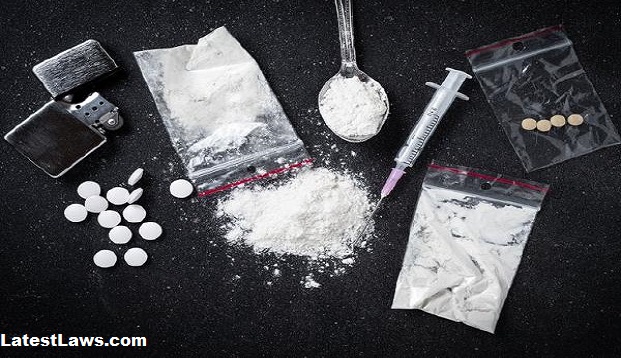The High Court of Punjab and Haryana while quashing proceedings against the petitioner, who was allegedly offering to sell Remdesivir injections at a price exceeding the regulated rate, without being in possession of any requisite license and held that the Police have no authority to search or seize the alleged illegal product in contravention of the Drugs and Cosmetics Act, the power to seize would lie with the inspector appointed under the act.
Brief Facts:
The present petition was filed by the petitioner, Director of M/s Health Biotech Limited, seeking to quash the FIR lodged under Sections 420 and 120-B of the IPC, Section 7 of the Essential Commodities Act and Section 27 of the Drugs and Cosmetics Act after he was allegedly offering to sell Remdesivir injections at a price exceeding the regulated rate, without being in possession of any requisite license.
Contentions of the Petitioner:
The learned counsel appearing on behalf of the petitioner contended that the petitioner has been falsely implicated in the case in hand as neither was, he named in the FIR in question nor was he present during the police raid and he was arraigned as an accused only in his capacity as a Director. Further, it was contended that the essential ingredients for attracting the offence of cheating under Section 420 of the IPC are not made out as there was no allegation levelled in the FIR against the petitioner of having delivered any property or having practised deception upon any person. It was further submitted that the alleged seizure of injections from the factory of the petitioner's company could not be done by the Police because the power to conduct any search and seizure was vested solely with the Drug Inspector.
Contentions of the Respondent:
The learned counsel appearing on behalf of the state contended that at this stage when the challan stands presented, the inherent jurisdiction of this Court under Section 482 Cr.P.C. cannot be invoked to test the truthfulness or otherwise of the allegations levelled in the FIR in question; instead, the case of the petitioner would be addressed during trial when evidence would be led by both the sides, which would then be tested on the touchstone of cross-examination. It was further submitted that a prima facie case has been made out against the petitioner and he had every intention to sell the injections deceptively being fully aware that there was a ban on their sale, and thus, the mischief of not only Section 420 of the IPC was prima facie made out but even offences under Section 7 of the Essential Commodities Act and Section 27 of The Drugs and Cosmetics Act was attracted in the present case against the petitioner.
Observations of the Court:
The court referred to Section 420 of the IPC and stated that the key to proving an offence under Section 420 of the IPC requires not only deliberate false representation but also the knowledge of the accused of its falsehood and the intent to deceive and further dishonest intent is pivotal, and transactions must involve fraudulent intentions, mere breach of agreement would not qualify as a criminal offence under Section 420 of the IPC.
The Court noted that is not disputed by the counsel for the UT that there are no allegations against the petitioner of actually having sold the injections in the domestic market. Thus, the essential elements to attract the mischief of an offence under Section 420 of the IPC are evidently absent in the present case.
The court further referred to Section 22 of the Drugs and Cosmetics Act and stated that the police had no authority to inspect the premises and confiscate the injections as had been done in the present case and the act, being a special enactment, supersedes the Cr.P.C. and Essential Commodities Act, thereby precluding the police from taking refuge under the Cr.P.C. or Essential Commodities Act to usurp the authority of a Drugs Inspector.
Further, the court stated that any search and seizure not conducted in accordance with law, as seen in the instant case, would hold no weight during trial for convicting the accused based on such evidence and thus owing to the defective recovery process, there would arise no possibility of imposition of penalty under Section 7 of the Essential Commodities Act.
The decision of the Court:
The court allowed the petition and quashed the proceedings against the petitioner.
Case Title: Gaurav Chawla vs State of U.T. Chandigarh
Coram: Hon’ble Mr. Justice Jasjit Singh Bedi
Case No.: CRM-M-23951-2022
Advocate for the Applicant: Mr. Vinod Ghai, Mr. Arnav Ghai and Mr. Amritpal Singh Maan
Advocate for the Respondent: Mr. Amit Kumar Goyal
Read Judgment @LatestLaws.com
Picture Source :


























